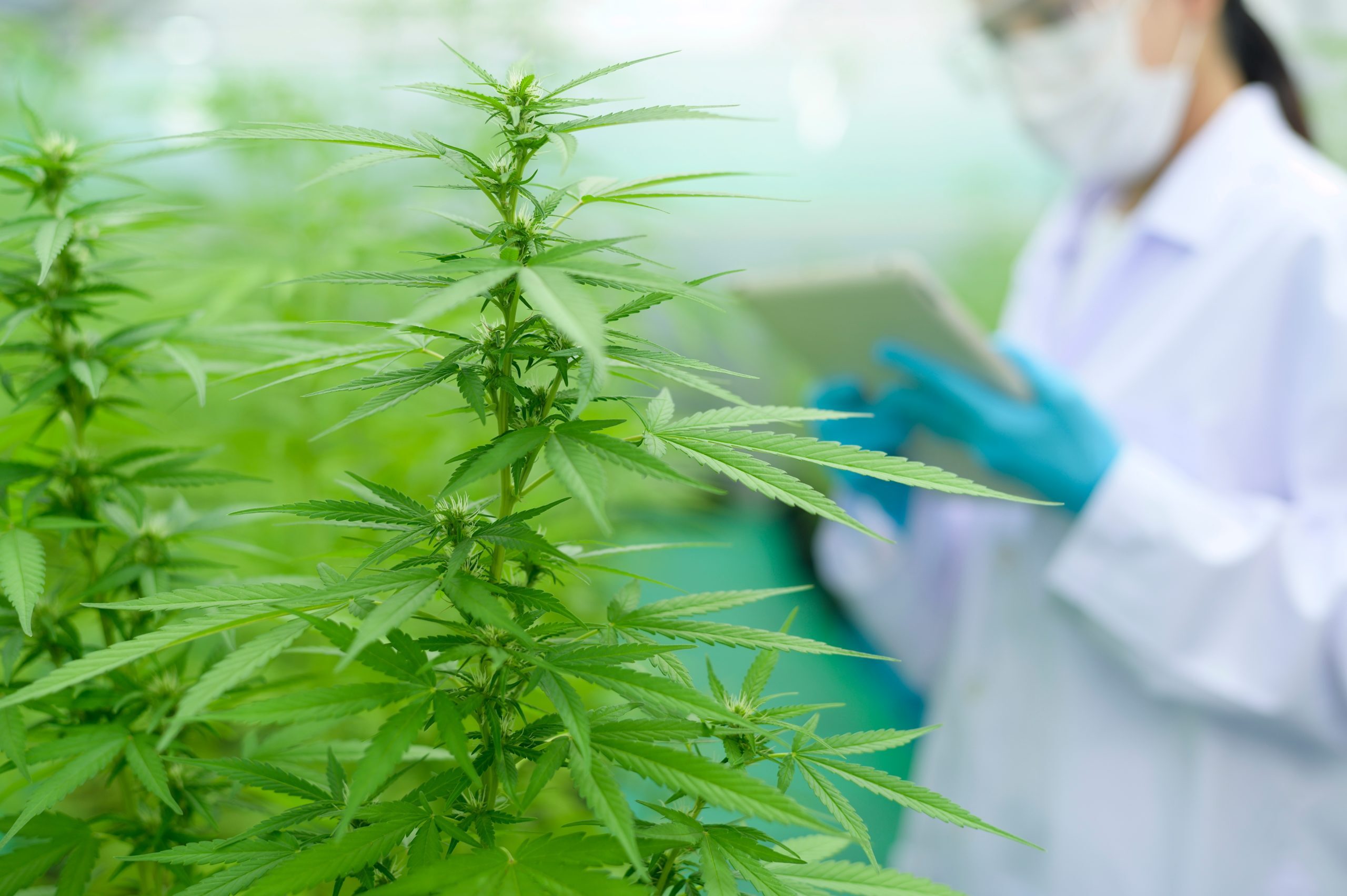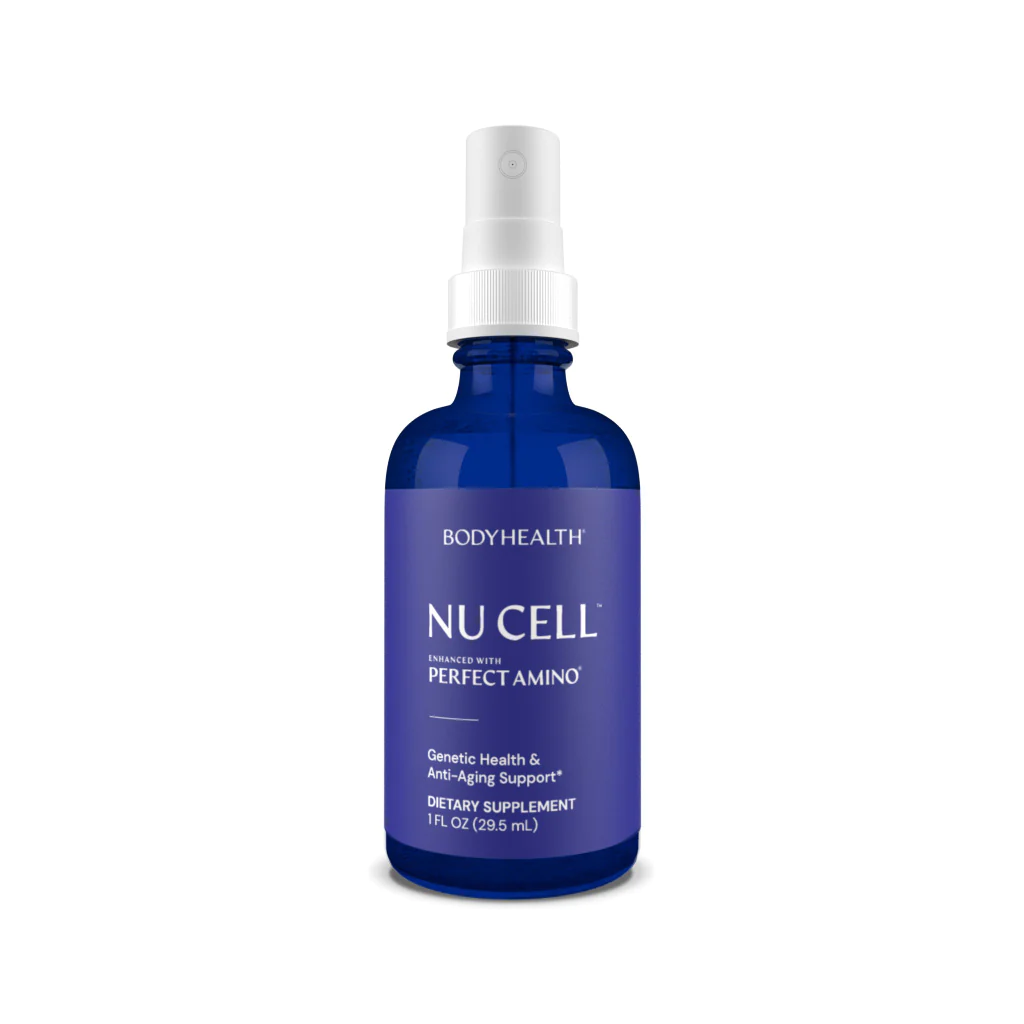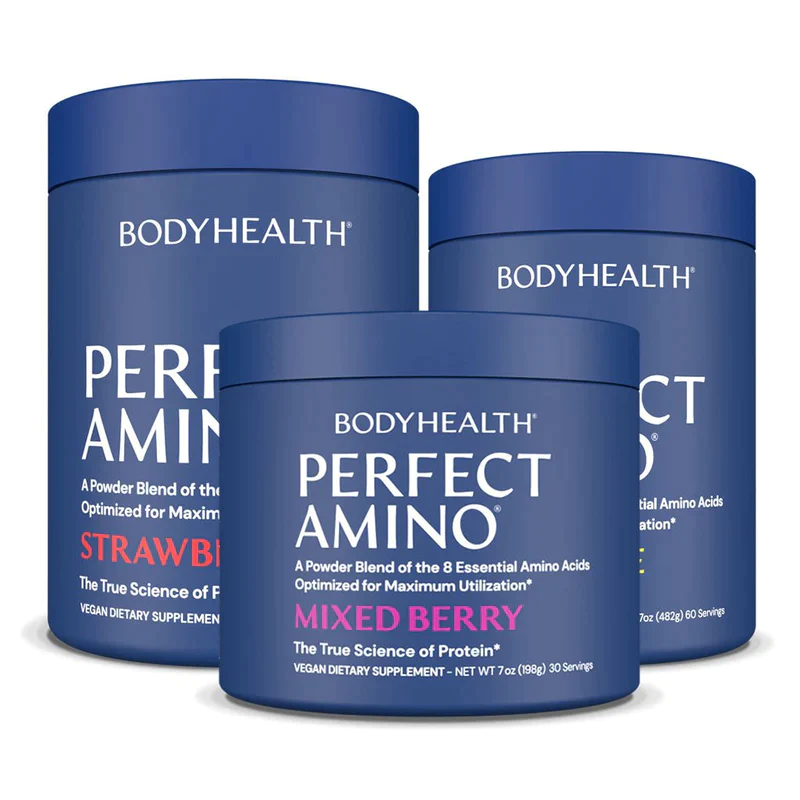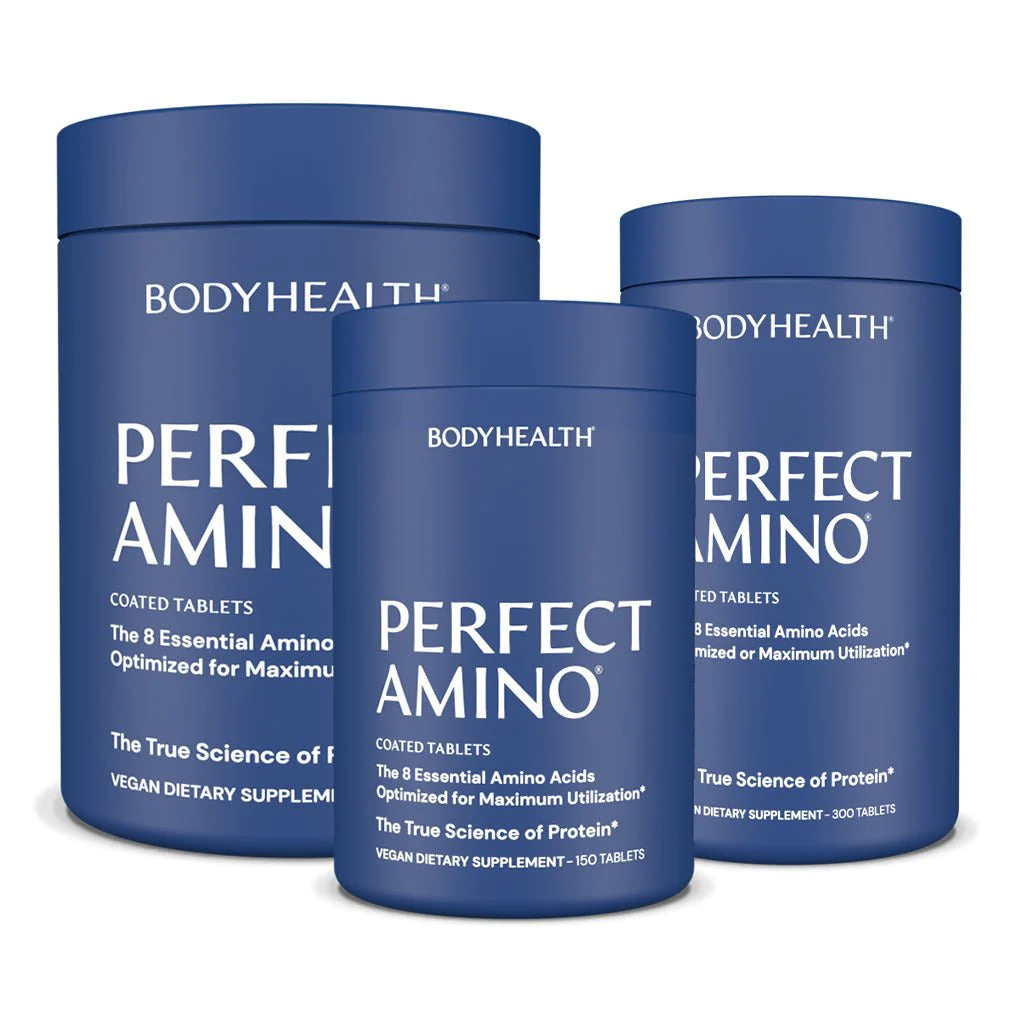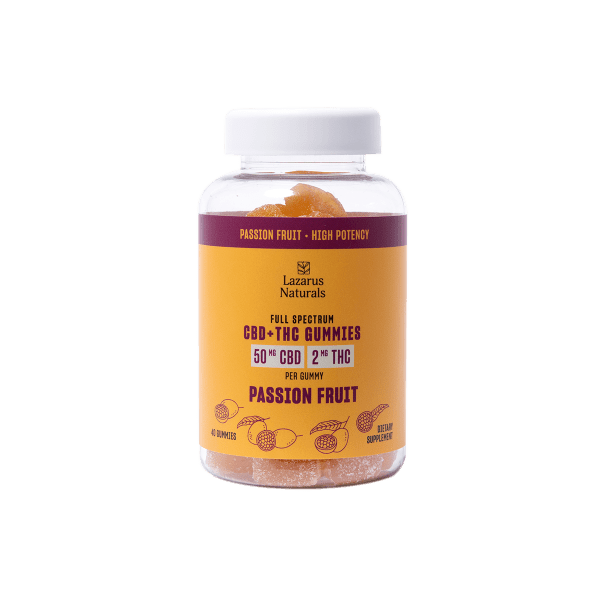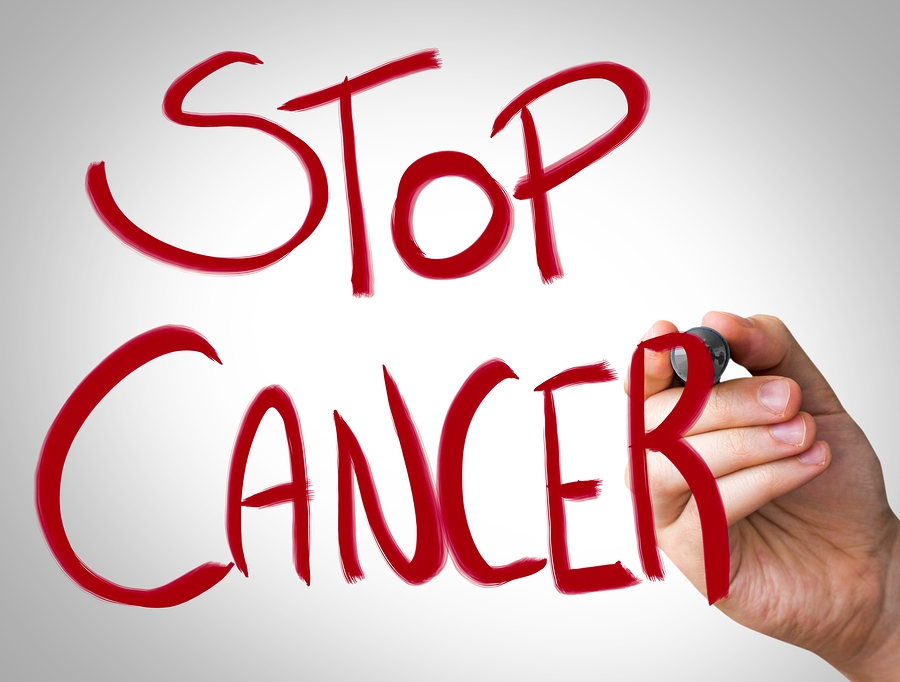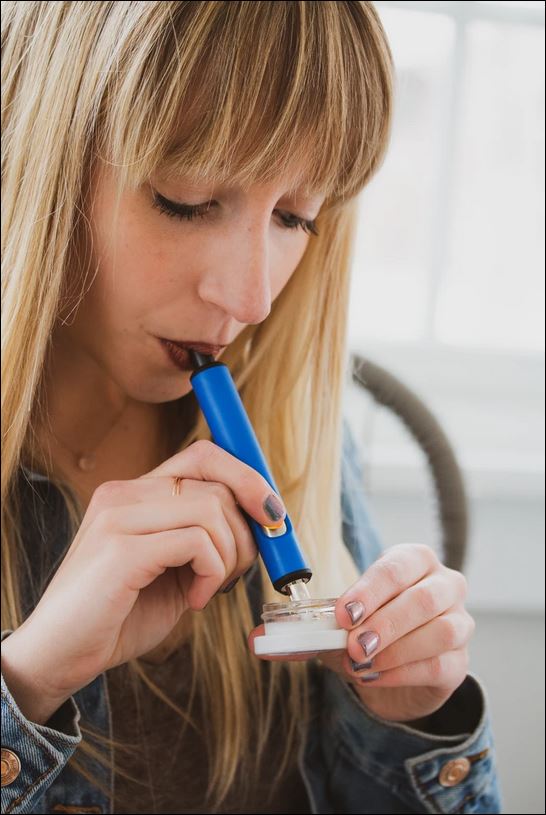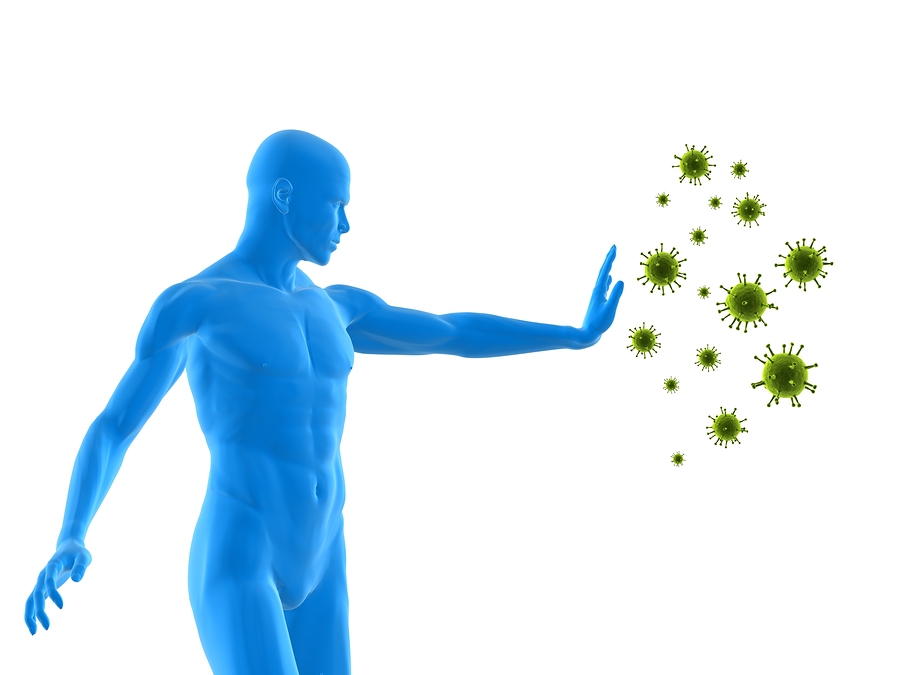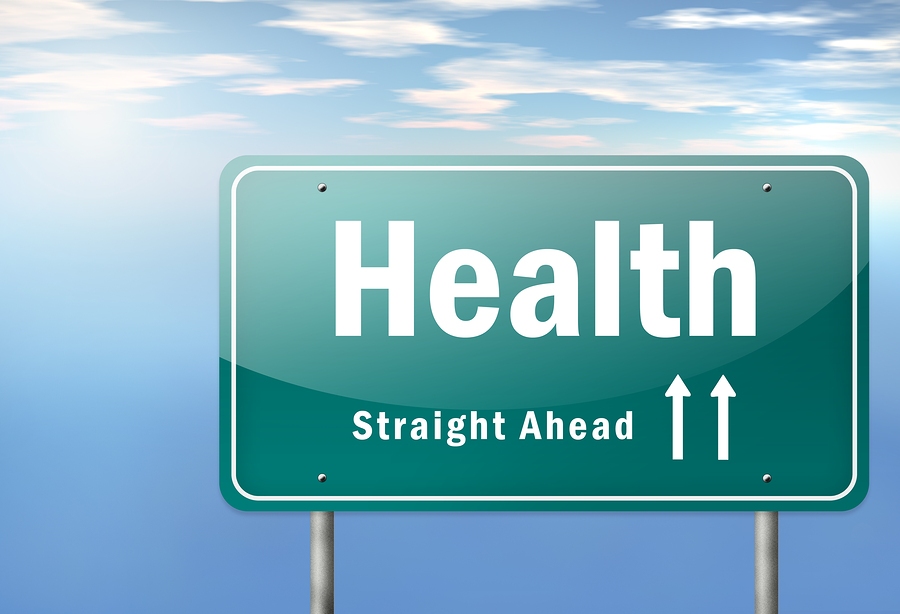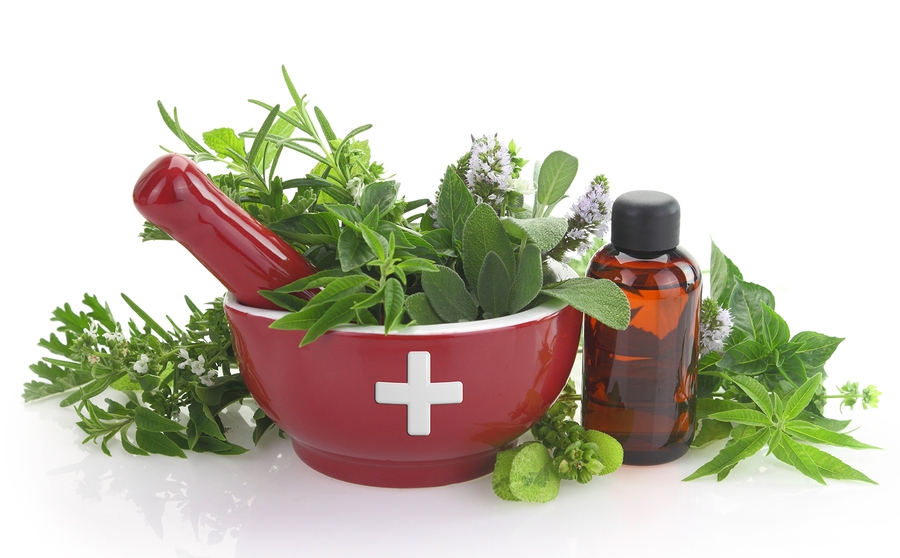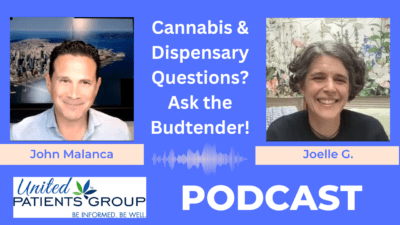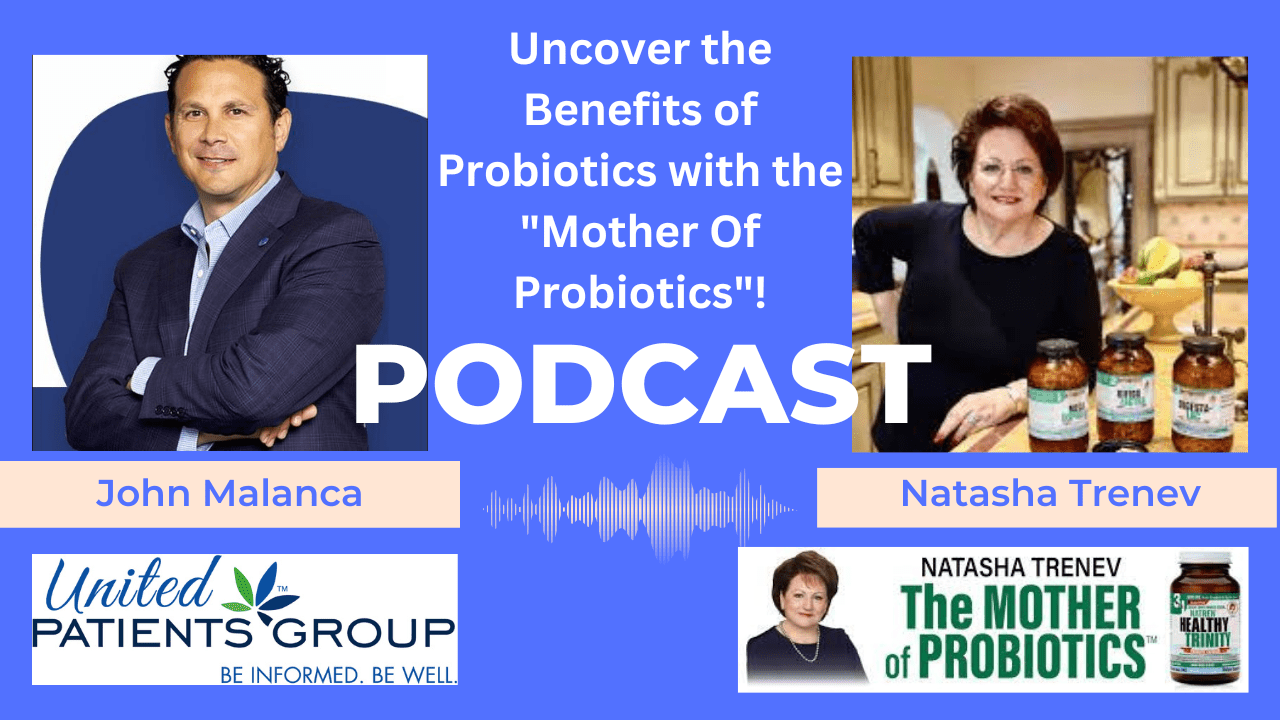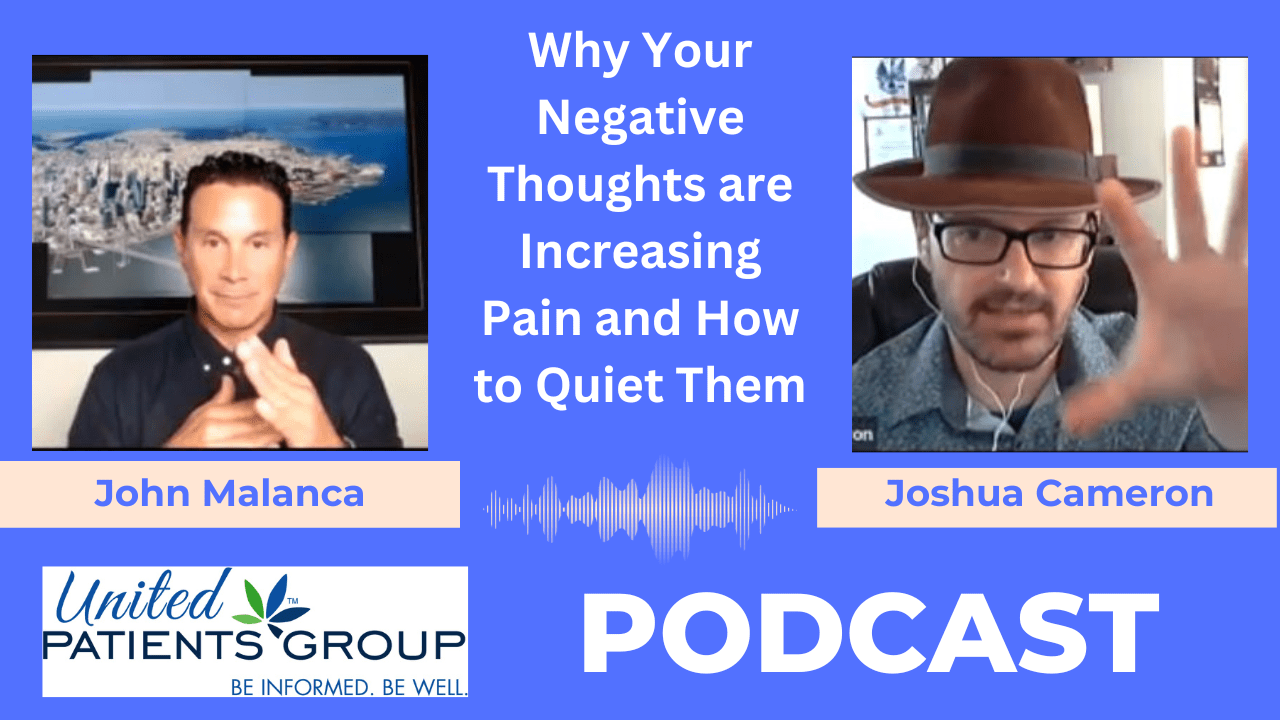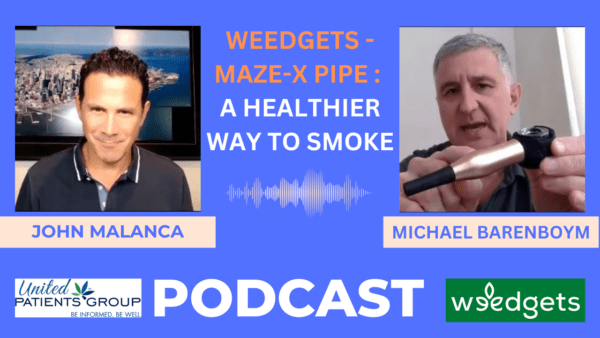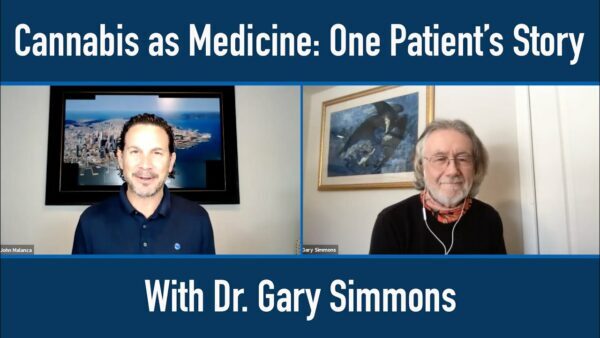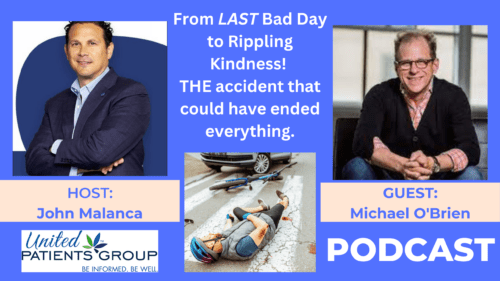Article Topics
Can Cannabis Help Treating Drug Addiction?
Some states have already legalized medical cannabis. And this has raised many questions. For instance, can cannabis be addictive or harmful? Can cannabis help in treating drug addiction? Well, several things are already known about cannabis and how recovery centers are using it to treat addiction.
For instance, some people advocate for the use of medical cannabis for harm reduction. Harm reduction refers to an addiction treatment strategy that starts with acceptance. It’s a less disciplined, friendlier abstinence sister that focuses on reducing drug use rather than stop the habit completely. Ideally, harm reduction is used among individuals that are unwilling or unable to stop using addictive substances. Naturally, this is followed by a decrease in the drug’s negative consequences.
But, before delving deep into this topic, it’s important to understand certain things. For instance, what is addiction? Why does it occur? And why is it so hard for a person to quit using addictive substances? Can you be addicted to cannabis? And how can cannabis help in the treatment of a substance use disorder? These are some of the questions that need answers when thinking about using marijuana to treat addiction.
Drug Addiction Defined
Drug addiction definition describes it as a generally relapsing, chronic ailment impacting the individual’s behavior and brain, making them unable to control their consumption of illegal or legal medication(s) or drug. During active addiction, a person compulsively seeks and uses the addictive substances even when their adverse effects are apparent.
Some people consider addiction a brain disorder since it alters the brain circuits that play a role in things like self-control, reward, and stress. Such functional changes can last for a long time even after an individual quits using the addictive substance.
Just like most illnesses like heart disease, addiction can interfere with the healthy and normal function of body organs. Its effects can be serious and harmful. However, addiction is preventable. If an individual is already an addict, treatment is possible. And if not treated, it can last longer and even cause death.
How Drug Addiction Develops
As hinted, drug addiction occurs when the brain undergoes fundamental changes in function and structure due to continued substance abuse. These changes follow a process with these steps.
- Pleasure: A person starts using an addictive substance to enjoy the “high” pleasure it provides. This feeling occurs when the substance interacts with their brain cells or neurons, prompting them to produce chemicals like dopamine that cause the pleasure reaction.
- Learning: The activity of the brain chemistry changes as a counteractive measure for substance use. This makes a person enjoy and yearn to use the addictive substance. Thus, the addictive substance affects motivation and learning.
- Tolerance: The brain changes within the neurological pathways. This is an attempt by the brain to adapt to having the addictive substance in the system. It can make this behavior reflexive.
- Compulsion: The brain can undergo permanent or long-term changes. This is characterized by compulsive drug use, regardless of the desire to stop.
Most people don’t know they are going through these steps of addiction. They eventually find themselves seeking and using the addictive substance compulsively.
How Cannabis Might Help in Drug Addiction Treatment
Some people have raised concerns that cannabis could also be addictive. However, some believe that medical cannabis can be used for harm reduction. That’s because the addictions of some individuals are severe. Such people may not be ready to abstain fully. As such, harm reduction can help such individuals. Substances like medical cannabis can help with harm reduction.
Cannabis has mind-altering components, called cannabinoids. The two main cannabinoids are THC and CBD. But, like other substances, cannabinoids can have harmful effects if misused. But, evidence has shown that humans can use cannabinoids to treat some conditions and illnesses.
THC, for instance, can reduce nausea while increasing appetite. It can also decrease muscle problems, inflammation, and pain. However, THC causes the high effect associated with cannabis. On the other hand, CBD can have the same effects without making a person high. It can also help in seizure control and decrease pain. This substance has also shown the potential to help in the treatment of addiction and some mental illnesses.
However, some people have raised concerns about the use of cannabis for harm reduction since no conclusive studies have supported its use so far.
Can Somebody Be Addicted to Cannabis?
Continued use of cannabis may occasion problem use or cannabis use disorder. This is an addiction that occurs in severe cases. A recent study has shown that up to 30% of cannabis users can have a cannabis use disorder to some degree. Individuals that start using cannabis before their 18th birthday are 4 to 7 times likelier to have a cannabis use disorder.
This disorder is characterized by dependence, where a person experiences withdrawal symptoms if they don’t take cannabis. After using cannabis too often, some individuals report sleep difficulties, irritability, restlessness, physical discomfort, mood swings, and decreased appetite after quitting. Some of these symptoms are also common withdrawal signs in most cases of drug and alcohol dependence.
Essentially, somebody can be addicted to cannabis if the brain adapts to its consumption in large amounts and for a long period. That’s because cannabis can reduce the sensitivity and production of the natural endocannabinoid neurotransmitters. A person knows they have a cannabis use disorder when they can’t quit using it even when it interferes with most aspects of their life.
The Bottom Line
Substance abuse definition describes it as the inability to quit using an addictive substance even when it has apparent negative effects. Whether cannabis can effectively be used in fighting drug addiction or not remains an unsettled matter. Preliminary evidence shows that medical cannabis has the potential to help with harm reduction. On the other hand, cannabis can also cause addiction if used for a longer period and in larger amounts. As such, most addiction recovery facilities still use conventional programs and abstinence-based models. That’s because it’s not proven scientifically that cannabis could help in the treatment of drug addiction.
Here are some additional resources that you may find helpful:
- Resources for Black Men – Newly updated, this guide features 50 substance use and mental health resources for Black men written by the experts at Southeast Addiction Center Tennessee
- Live Another Day – Live Another Day was founded with the purpose of providing equal access to life-saving resources. They offer dozens of resources for finding help for mental health and substance use
- Resources for Indigenous Women – This guide features plentiful resources to empower and strengthen Indigenous Women. The guide was put together by the team at Southeast Addiction Center
- Mental Health Resources for BIPOC College Students – 33 free resources for BIPOC college students written and curated by Southeast Detox



